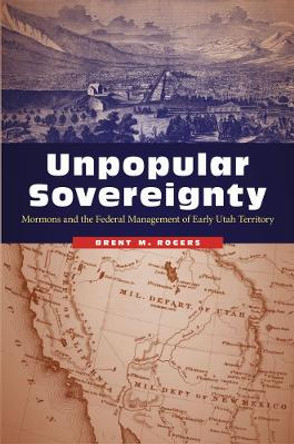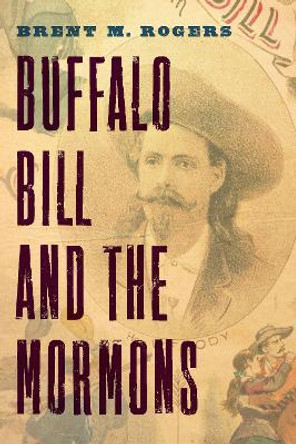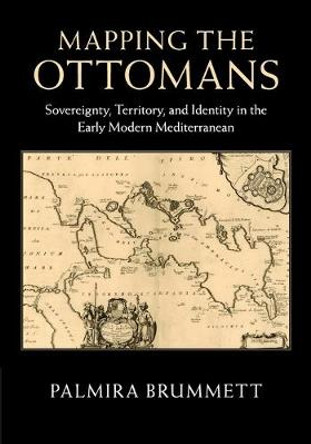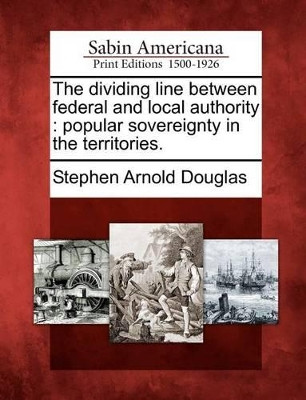Description
Charles Redd Center Phi Alpha Theta Book Award for the Best Book on the American West
2018 Francis Armstrong Madsen Best Book Award from the Utah State Historical Society
2018 Best First Book Award from the Mormon History Association
Newly created territories in antebellum America were designed to be extensions of national sovereignty and jurisdiction. Utah Territory, however, was a deeply contested space in which a cohesive settler group-the Mormons-sought to establish their own "popular sovereignty," raising the question of who possessed and could exercise governing, legal, social, and even cultural power in a newly acquired territory.
In Unpopular Sovereignty, Brent M. Rogers invokes the case of popular sovereignty in Utah as an important contrast to the better-known slavery question in Kansas. Rogers examines the complex relationship between sovereignty and territory along three main lines of inquiry: the implementation of a republican form of government, the administration of Indian policy and Native American affairs, and gender and familial relations-all of which played an important role in the national perception of the Mormons' ability to self-govern. Utah's status as a federal territory drew it into larger conversations about popular sovereignty and the expansion of federal power in the West. Ultimately, Rogers argues, managing sovereignty in Utah proved to have explosive and far-reaching consequences for the nation as a whole as it teetered on the brink of disunion and civil war.
About the Author
Brent M. Rogers is a historian and documentary editor for the Joseph Smith Papers. He is also an instructor of history and religious education at Brigham Young University, Salt Lake Center.
Reviews
"Brent Rogers skillfully places the Utah experience at the fulcrum of America's growing sectional divide in the 1850s and offers important new insights into the deterioration of the Union. This book will force historians of the West to consider Utah Territory alongside Kansas Territory as a hotbed of national debate over popular sovereignty. Beyond that, it should prompt a recalibration of the national narrative to reflect the ways in which religion helped to define what it meant to be an American in the decade leading into the Civil War, sometimes just as much as race."-W. Paul Reeve, author of Religion of a Different Color: Race and the Mormon Struggle for Whiteness
"Balanced and extensively researched."-Nicole Etcheson, author of A Generation at War: The Civil War Era in a Northern Community
"Popular sovereignty, an influential political doctrine in antebellum America, is generally linked to the question of slavery in the territories. But as Brent Rogers shows in this careful study, politicians, administrators, citizens, and soldiers also applied this concept to events and currents in Utah Territory, enriching our understanding of contradictions and inconsistencies in the relationship between the federal government and its western territories."-Brian Q. Cannon, director of the Charles Redd Center for Western Studies at Brigham Young University author of Reopening the Frontier: Homesteading in the Modern West
Book Information
ISBN 9780803295858
Author Brent M. Rogers
Format Paperback
Page Count 402
Imprint University of Nebraska Press
Publisher University of Nebraska Press










